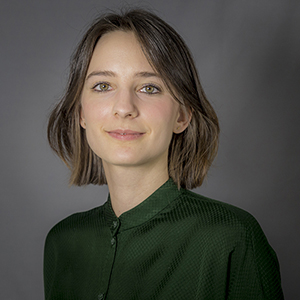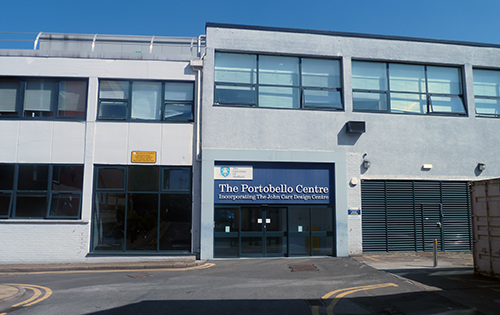
CANCELLED: Researching Secrecy: How might we navigate secrecy in security research?
Please note that this event has been cancelled and will be rearranged for later in the semester. Further details will be added to the training pages when they become available.
This training event has been organised by the Security, Conflict and Justice (SCJ) Pathway. You are welcome to attend if you are aligned with another DTP Pathway. The training is aimed at both ESRC and non-ESRC funded students within any stage PhD study.
How can researchers navigate secrecy in their fieldwork, when they encounter confidential material, closed-off quarters or bureaucratic rebuffs? This is a particular challenge for researchers in the security field, which is by nature secretive and difficult to access. This workshop creatively assesses and analyses the ways in which secrecies operate in security research, working through the ways in which secrecy itself can be made productive to research analysis. The aim of the workshop is to offer PhD students a rich toolkit of methods and best-practice examples for ethically appropriate ways of navigating secrecy, paying attention to the balance between confidentiality, and academic freedom and integrity. In the process, it draws on the rich research experiences of the contributors who have done research in a wide range of sites. The workshop will be limited to 25 PhD students, to enable productive and detailed conversation of individual research projects and challenges faced by the students in question.
Workshop structure
Part one:
- 1 minute introductions from all participants
- An introduction to secrecy and method: Marieke de Goede
- Secret stories: examples from the ‘field’ (short introductory stories from contributing staff members
about their own encounters with secrecy and how they worked through them)
Part two:
Breakout sessions: during this time, PhD colleagues will be split into groups of 3-4, and each group will discuss their projects with one of the participating academics. Depending on desire of participants, groups will stay together for the hour, or rotate participating academics to give all a chance to discuss their projects with each of the different participating scholars.
Questions to be addressed:
- How might we navigate the practical challenges of secrecy in security research?
- How can we navigate the challenges of conducting research ethically in secretive contexts?
- How can we balance confidentiality and secrecy with academic freedom and integrity?
- How can we make secrecy productive?
Training organiser

Speakers

Consolidator Grant FOLLOW: Following the Money from Transaction to Trial (www.projectfollow.org). De Goede’s research focuses on counter-terrorism and security practices in Europe, with a specific attention to the way in which financial data become used for security decisions. De Goede is author of Speculative Security (University of Minnesota Press), and co-editor of the special issue on ‘The Politics of the List,’ in Environment and Planning D: Society and Space. FOLLOW studies of ‘chain of translation’ of suspicious transactions reporting, analysis and prosecution. The FOLLOW project has encountered considerable issues of secrecy, obfuscation and confidentiality in its fieldwork. As a consequence, team members edited the collection Secrecy and Methods in Security Research (De Goede, Bosma, Pallister-Wilkins, Routledge 2020). De Goede can advise researchers on how to make secrecy productive in research design and methods; how to gain access to professional counter-terrorism environments; and how to handle the ethical implications of ethnographic fieldwork in secret domains.

There are 25 places available on this training workshop
PLEASE NOTE: students are responsible for arranging transport to and from Pathway Training events. The WRDTP cannot reimburse students for any travel or subsistence costs incurred by attending this event.








